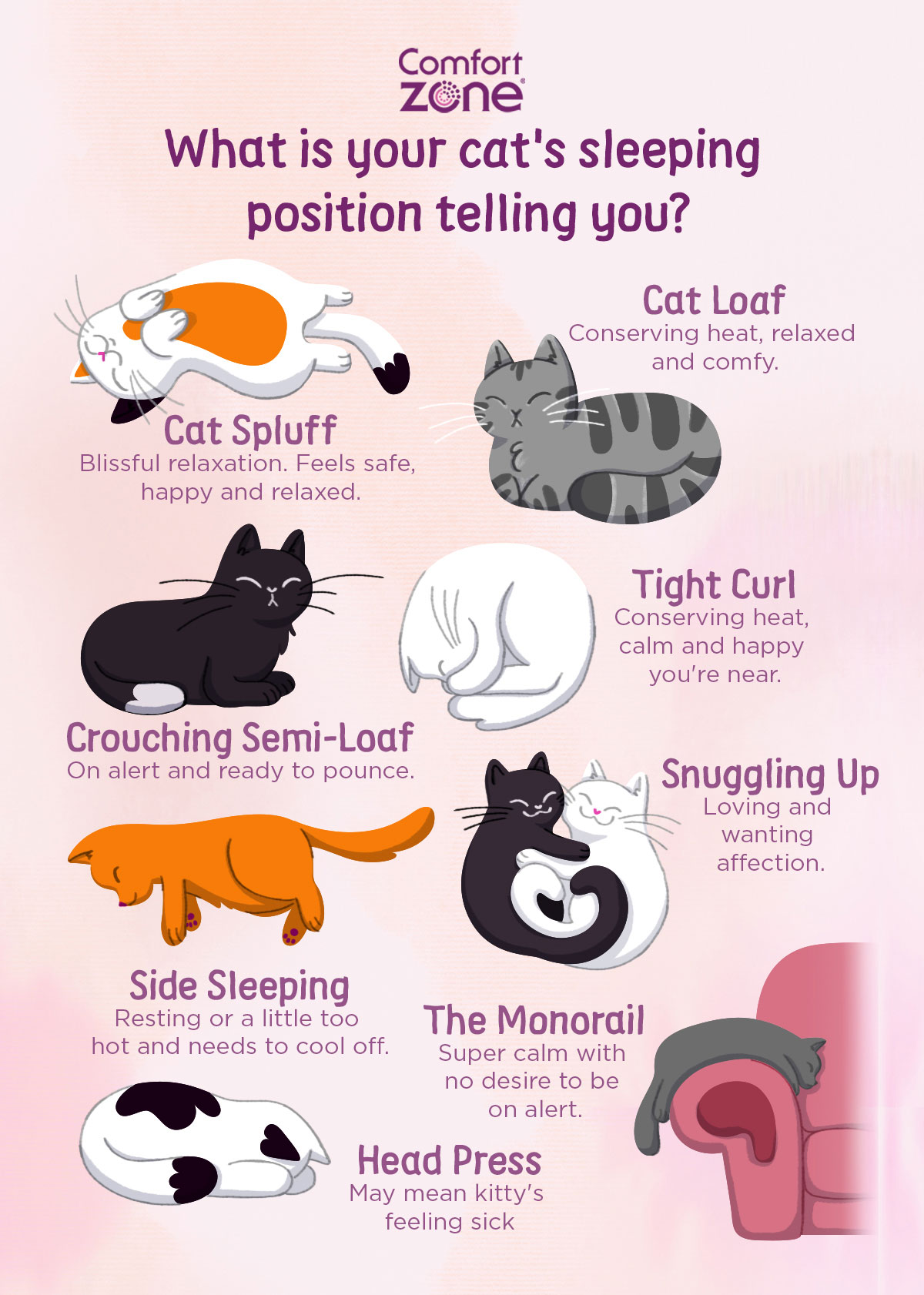Pulse of Information
Your source for the latest insights and updates.
Why Your Cat Acts Like a Tiny Tyrant
Unravel the quirky behavior of your feline overlord and discover why your cat thinks they rule your home like a tiny tyrant!
Understanding Your Feline Overlord: The Psychology Behind Cat Behavior
Understanding the complexities of your cat's behavior can feel akin to deciphering an ancient language. Cats are known for their enigmatic personalities, often leaving their human companions puzzled by seemingly random actions. For instance, why does your feline overlord insist on knocking items off the table? This behavior can stem from their instinctual drive to explore their environment and assert dominance within their territory. By studying their body language and vocalizations, such as a flicking tail indicating annoyance or a soft trill signifying affection, you can begin to unlock the mysteries of your cat's mind.
The psychology of cat behavior is deeply rooted in their evolutionary history. Unlike dogs, who have been domesticated primarily for their working abilities, cats have maintained a closer connection to their wild ancestry. They are solitary hunters, and their behaviors reflect that nature. Understanding this helps cat owners realize that actions like hunting toys or hiding in dark spaces are not just quirky habits but essential expressions of their innate instincts. By providing your cat with stimulating environments and engaging toys, you can nurture their natural behaviors while reinforcing a bond based on respect and understanding.

Top 5 Reasons Your Cat Thinks They're the Boss
Cats are majestic creatures that often carry themselves with a sense of superiority, and there are several reasons why your feline friend may think they are the boss of the household. First and foremost, independence is a defining trait of cats. Unlike dogs, who are pack animals and thrive on social hierarchies, cats are solitary hunters by nature, leading them to cultivate a sense of autonomy. This independence can make them feel like they are in control of their environment, which can easily translate into the belief that they run the show.
Additionally, your cat's unparalleled ability to manipulate their humans can further enhance their self-perceived authority. They know how to use their charming purrs and adorable head nudges to get what they want, whether it's food, attention, or a cozy spot on the couch. This learned behavior reinforces their belief that they are the ones calling the shots. As you cater to their whims, they become more convinced that they are indeed the boss, solidifying this perception with each successful meow.
Is Your Cat a Tiny Tyrant? Signs to Watch For
Every cat owner knows that our feline friends can have a quirky personality, but when those quirks become demands, it may be a sign that your cat is a tiny tyrant. Signs to watch for include persistent meowing or vocalizations when they want attention or food. If your cat has learned that a certain noise or behavior gets them what they want, they may employ it frequently, asserting their dominance in the household. Additionally, watch for possessive behaviors over toys, food, or even areas of your home. If they hiss or swat at you when you try to move them from their favorite spot, they may be claiming their territory.
Another indication that your cat may be a tiny tyrant is their refusal to share. If you have multiple pets, observe how your cat interacts with them. Intimidation tactics, such as blocking access to food or play areas, can signal a hierarchy in your home that your cat expects to uphold. Similarly, a cat that consistently seeks attention on their terms—like sitting on your laptop when you're busy or demanding pets while you're trying to sleep—may be showcasing their regal disposition. In these instances, it’s essential to set boundaries to ensure a harmonious living environment for both you and your cat.